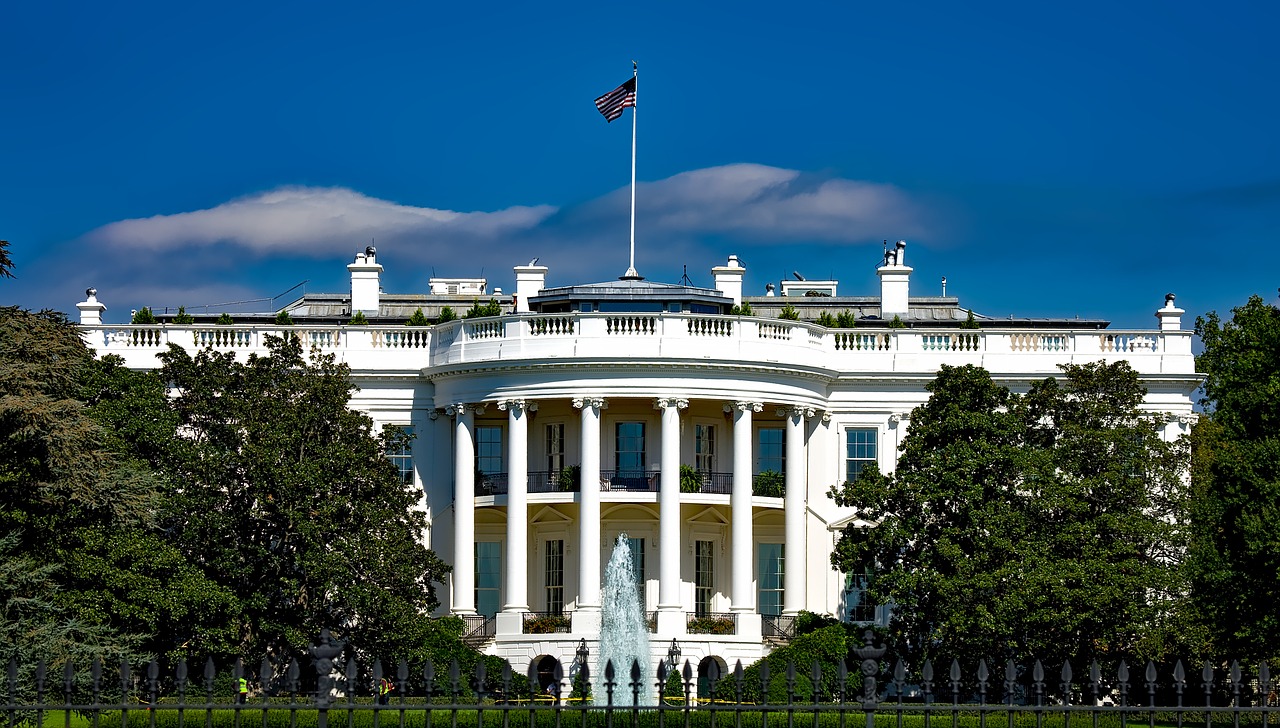On June 12, Commercial UAV News reported on the impact that a US federal court ruling was having on our industry. The ruling, which specified that personal drones don’t need to be registered as part of the FAA’s mandatory drone registration program, followed a lawsuit by John Taylor against the FAA.
Since that court ruling in May, there have been many efforts to reinstate mandatory registration, and lawmakers on Capitol Hill attempted to pass a new aviation bill in the Senate this summer before that effort stalled. Instead, The House decided to include the new drone rule in a defense bill.On Tuesday, December 12th President Trump signed the $700 billion National Defense Authorization Act that restores the requirement that all recreational drone owners register their aircraft with the government. The reinstated rules were one small piece of the new law, but a significant step forward for safety, especially given the growing number of UAVs being sold and used in the USA. Given the size and scope of the new bill, it's unlikely the drone component of it even registered (no pun intended) with the President. Nonetheless, this development has already created significant ripples throughout our industry.The new drone rule, which had not been finalized, requires that drones and model aircraft (aircraft weighing between 0.55 and 55 pounds) owners pay a $5 registration fee and provide their name, email address, and physical address. In addition, these registered UAVs need to display their unique drone ID number at all times. Failing to register a drone or properly display the ID could lead to civil and criminal penalties.Over 838,620 people registered drones in the first go-round that started in December of 2015. The FAA has forecasted that 2.3 million consumer drones would be sold this year in the U.S. alone, adding that it was going back to the drawing board with the regulation. An FAA spokesperson unsurprisingly gave the rules the thumbs up. “We welcome the reinstatement of registration rules for all small unmanned aircraft,” the FAA said. “Ownership identification helps promote safe and responsible drone operation and is a key component to full integration”.Now that the mandatory registration is enshrined into law, the FAA once again has the final word on the issue.Commercial operators can breathe a sigh of relief, not because the law changes anything regarding their registration requirements, but because the issue is now clearly defined for all drones, regardless of use. Anyone using a drone for commercial purposes is primordially guided by safety and the avoidance of fines and potential liabilities so the attitude of our industry has always been one of voluntary compliance.Drones can be registered at https://registermyuas.faa.gov/. If you have any questions about your specific make and model or the rules affecting its operation, we recommend you visit their getting started page.Strict adherence to FAA rules by drone operators can only accelerate the inevitable full integration of manned and unmanned aircraft in controlled airspace. Mandatory registration is one important component of this successful amalgamation.Subscribe
The information you submit will be stored and used to communicate with you about your interest in Commercial UAV News. To understand more about how we use and store information, please refer to our privacy policy.
December 18, 2017
President Trump Reinstates Drone Registration














Comments